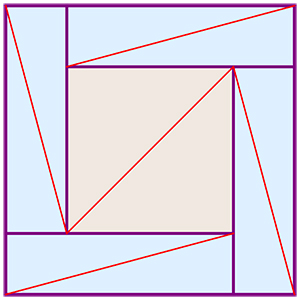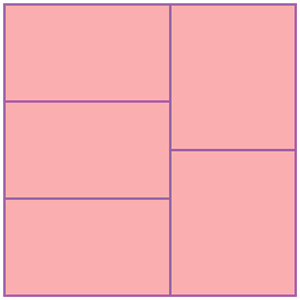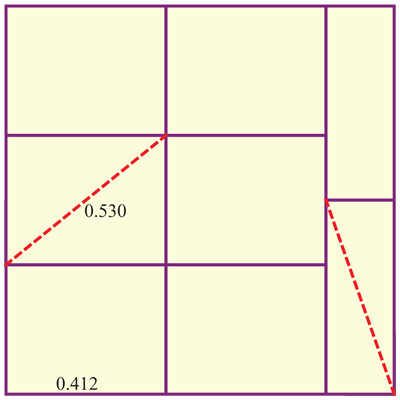For a given integer $k\ge3$, tile the unit square with $k$ rectangles so that the longest of the rectangles' diagonals be as short as possible. Call such a tiling optimal. The solutions are obvious in the easy cases when $k$ is the square of an integer and for a few small values of $k$ only (unpublished). In each of the solved cases, the sides of all rectangles turn out to be rational and their diagonals are equal.
Question. In an optimal tiling, must the sides of all rectangles be rational and their diagonals be equal?
The analogous question for tiling the $n$-dimensional cube with rectangular boxes can be asked for every $n\ge3$ as well.



